It was the Del-Cons — published in our pages — wot won it and the thumping victory for conservatives at the federal election proves they weren’t remotely delusional after all. Yes, their hero, Mr Abbott, lost the wealthy seat of Warringah but that only underscores that this was a battle successfully waged in unfashionable outer suburbs and resource-rich regions where voters are more interested in keeping the lights on than a climate-induced warm inner glow.
Del-Cons and Dis-Cons (‘disillusioned conservatives’) maintained all along that while they were disgusted at the way Mr Abbott was treated, what they wanted, more than his restoration to the prime ministership, was a restoration of conservative policies. The bitter preference of some for the government to go into opposition was driven by a determination to prevent Mr Turnbull turning the Liberal party into a light Green carbon copy of Labor.
After his triumphant installation as prime minister, Mr Turnbull believed that he didn’t need to give the despised Del-Cons anything because Mr Textor assured him they had nowhere else to go; even if he lost their primary vote, it would come back via preferences. Having risen to the top by undermining others, Mr Turnbull imagined he needed nothing other than his own genius. The government’s disastrous performance in the 2016 federal election revealed who was the real delusional but did nothing to dent his arrogance. On election night Mr Turnbull proved hell hath no fury like a PM scorned — for the luvvies who jilted him at the ballot box and the party faithful, who packed up their preferences and parked them elsewhere. Instead of a mandate to remake the party in his own image, he was hobbled. As his deficient political skills became ever more apparent and with the prospect of an electoral defeat looming in Queensland, he was eventually dispatched — to his astonished outrage — in the same ignominious manner in which he came to power.
Many predicted that this would doom the government to lose the election just as the ALP had in 2013 after its ‘killing season’. Yet there was a fundamental difference — Labor’s regicides revolved around the personality of Kevin Rudd; the removal of Mr Abbott was driven by darker forces around substantive policy differences. One of those was the determination of lobbyists to be able to simultaneously hold party positions. This allowed them to potentially control preselections in order to maximise their chances of profiting from their proximity to ministers. When Mr Abbott declared that party members could be a lobbyist or an official but not both, he created powerful enemies. Others, who were embarrassed that Mr Abbott championed the interests of conservatives, backed his replacement by Mr Turnbull, the ultimate Liberal In Name Only. This opened up the fault line dividing inner-city elites and ‘modern Liberals’ from everyday conservatives.
The coalescence of the interests of the lobbyists and the Liberals In Name Only mob has had a toxic effect on Australian politics. Nowhere is this more evident than in the energy sector which has become the battleground for the Climate Wars. Renewable rent-seekers have tried to capture the moral high ground by claiming to offer ‘real action on climate change’ and asserting that renewables are the cheapest way of reducing emissions. In reality, renewables — other than hydro-electricity or off-grid installations — are an extremely expensive way of reducing emissions. Their intermittency requires the use of costly on-site technology or enormous upgrades to the grid. Either way, the renewable lobby want someone else to pay, pushing up power bills or taxes, while they pocket the profits. They justify the cost by claiming that there is an urgent need to rapidly phase out fossil fuels. They say there is no future for coal mines despite the strong demand forecast in rapidly growing Asian markets. They point to Britain going coal-free for ten days without acknowledging that it did so by relying on gas and nuclear power.
Unfortunately, a resounding election victory, built on votes for coal mines and cheaper energy, has not put an end to the Liberals’ uncivil war; it has prompted an unseemly squabble for the spoils of office. Trusty Turnbull acolytes have been rewarded or silenced, depending on how you look at it, with plum postings — one to the swamp in Washington, the other to till the fertile field at the UN, the world’s biggest bureaucracy. Both, no doubt, have been tasked with labouring tirelessly to produce jobs for the boys and girls. It’s a clever way of opening up two vacancies in the Senate if you’re not squeamish about bloodshed and sniper fire in the party’s trenches but it’s not for the faint-hearted; even a battle-hardened former General will need all his counter-insurgency skills to secure a Senate seat. The suggestion that Mr Turnbull’s family members might be in the running is startling, to say the least. After all, the Prime Minister won a decisive victory at the ballot box, unhelped in any way by Mr Turnbull’s treachery; this is, therefore, no time for the Phantom of the election, the Ghost who Tweets, to be rewarded.
Got something to add? Join the discussion and comment below.
Get 10 issues for just $10
Subscribe to The Spectator Australia today for the next 10 magazine issues, plus full online access, for just $10.
You might disagree with half of it, but you’ll enjoy reading all of it. Try your first month for free, then just $2 a week for the remainder of your first year.


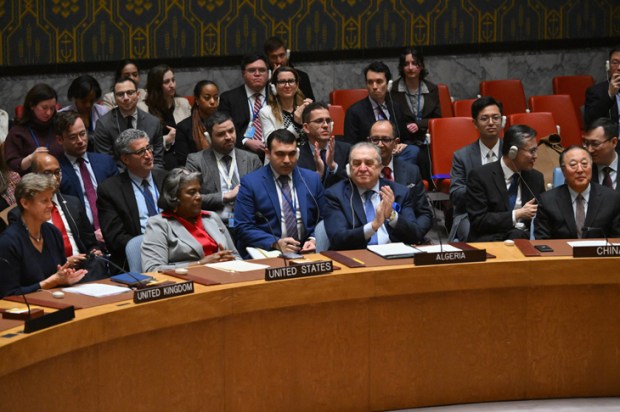
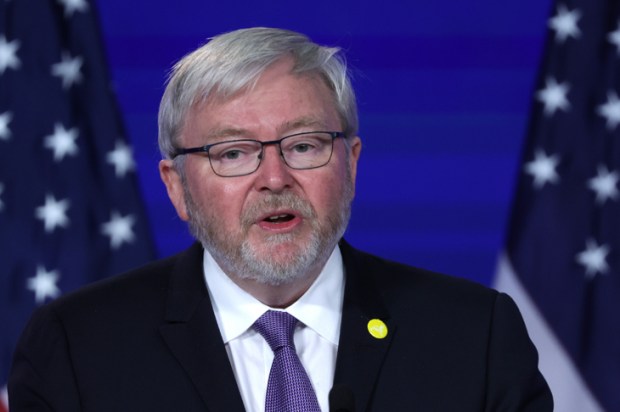
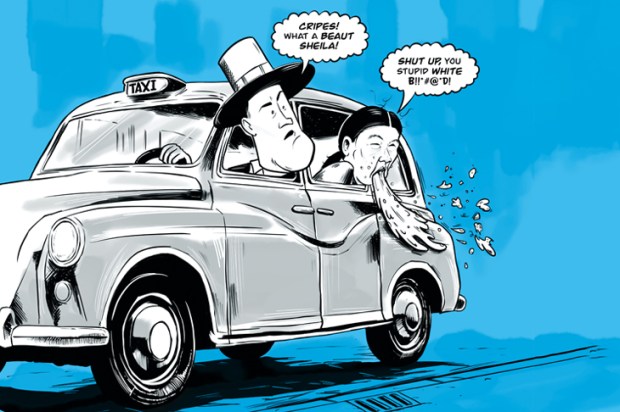
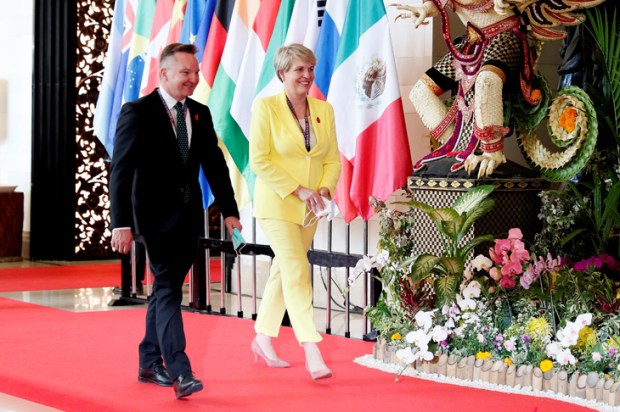
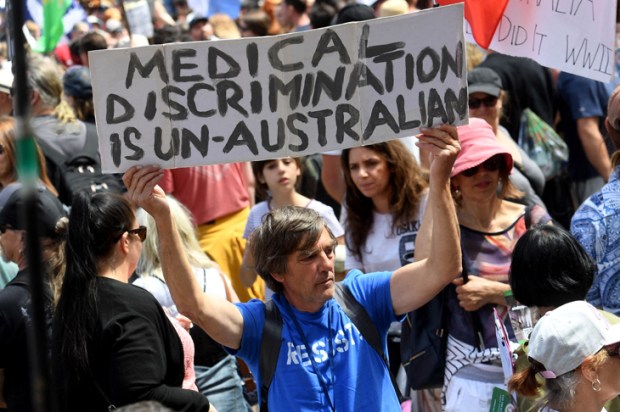
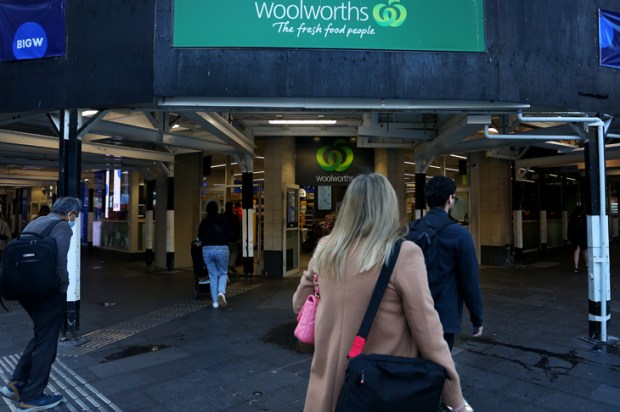






Comments
Don't miss out
Join the conversation with other Spectator Australia readers. Subscribe to leave a comment.
SUBSCRIBEAlready a subscriber? Log in